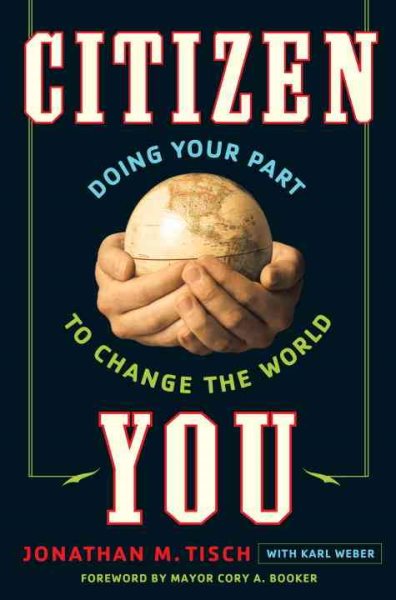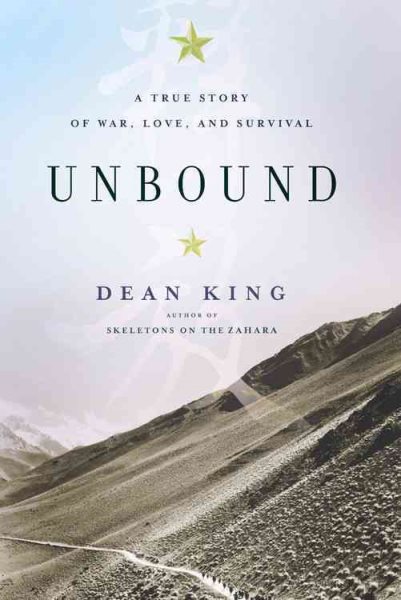Bicycling executive editor and freelance journalist Howard unravels the tortured provenance of an original copy of the Bill of Rights.In April 1865, souvenir-hunting soldiers from Gen. Sherman's army ransacked North Carolina's statehouse. One came away, probably unwittingly, with one of the 14 original copies of the Bill of Rights, which he carried to Ohio and later sold to the visiting Charles Shotwell for $5. The relic remained in the Shotwell family's hands for more than 130 years, until his elderly granddaughters sold it to the seemingly reputable Connecticut antiques dealer Wayne Pratt for $200,000. Was the manuscript a legitimate spoil of war or, more likely, stolen property whose ownership would be immediately contested should it ever come forthrightly to market? Howard closely follows Pratt's maneuvering to resell the prized document for millions, a story that quickly becomes part history, part mystery, part study in ambition, greed and betrayal—all the predictable passions that surround any great treasure. It gives away nothing to disclose that Pratt's plan came to grief, ending in an FBI sting, with the parchment secured and resting in a Carolina vault. Fully aware of the incongruity between the noble sentiments of the Bill of Rights and the ignoble impulses he so fully explores, Howard introduces us to a remarkably shady land developer, a too-eager lawyer whose wife once headed Bill Clinton's IRS, a bedazzled art dealer whose clients include Teresa Heinz Kerry, startled government scholars, inquiring reporters, tantalized museum officials, covetous governors of two states and clever law-enforcement specialists in stolen art and cultural artifacts. Along the way, the author provides informative asides about the often sleazy art and antiques world, the arcane preoccupations of document specialists, the hypocrisy of major museums and libraries (every bit as eager for distinction as the disgraced Pratt) and the remarkably careless governmental archival practices that, until recently, have placed many of our historical documents at risk.A pleasing combination of skillful journalism and shrewd storytelling.
Check Catalog









